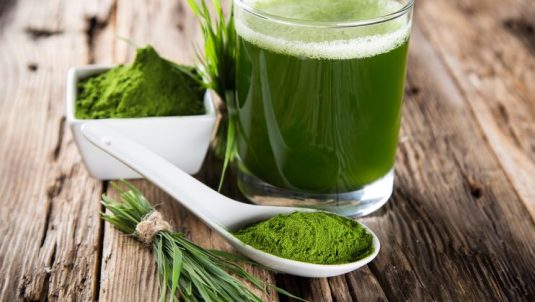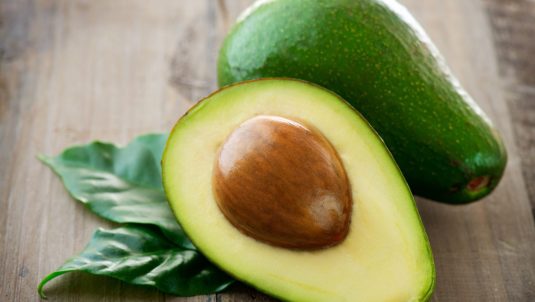 It’s the amazing superfood that you’ve never heard of. The lean, green, nutrient machine. In a nutshell, spirulina is a kind of dark green algae that grows at the surface of ponds and lakes. It was very popular amongst the 16th-century Aztecs and would be collected and dried to make protein-packed cakes.
It’s the amazing superfood that you’ve never heard of. The lean, green, nutrient machine. In a nutshell, spirulina is a kind of dark green algae that grows at the surface of ponds and lakes. It was very popular amongst the 16th-century Aztecs and would be collected and dried to make protein-packed cakes.
Today, spirulina is once more making waves in the healthy-eating community, and with very good reason. Check out some of the benefits of this miracle plant:
Health and Nutritional Benefits
Spirulina is a highly concentrated source of protein – about 60-70% by weight (red meat, by comparison, is generally about 28% protein or less) – and it contains all the essential amino acids that our bodies need. It’s also a jam-packed with vitamins and minerals – with vitamins A-E, calcium, iron, magnesium, potassium, and zinc being just a few of the many bioavailable nutrients.
The magnesium content in spirulina is important for cell regeneration and wound healing, while the vitamins and zinc bolster your immune system. And while carrots are famous for their eye-strengthening vitamin A content, did you know that spirulina actually contains 10 times the concentration of this important nutrient?
Vegetarians and vegans, in particular, will benefit strongly from adding spirulina to their diets. You’d be hard-pressed to find a better non-animal source of protein and iron!
How to Eat Spirulina
Since spirulina is essentially (very healthy!) pond scum, it’s not the tastiest to eat by itself. Fortunately, there are a couple of easy ways to incorporate this superfood into your diet.
You can typically find spirulina at health food stores, in either capsules/tablets or powder form. Major online retailers will often sell it as well, shipped directly to your door. Capsules should be more or less taste-free and can simply be taken once daily with a meal. On the other hand, powdered spirulina is best added to delicious fruit and veggie smoothies to mask the flavor. While you can simply mix powdered spirulina with water and drink that straight, most people find the taste off-putting.
Bottom line: spirulina is certainly worthy of the “superfood” moniker. Who knew that one little alga could pack in so much goodness? If you’re looking to eat a little healthier, consider adding it to your daily diet. And don’t forget the kale too!
SOURCES:
LiveScience.com
SFGate.com
WellnessMama.com
OrganicBurst.com
NutritionData.Self.com
Find restaurants with organic options near you
View some of our cities, but feel free to search any location.






 Sign in with Google
Sign in with Google Sign in with Facebook
Sign in with Facebook